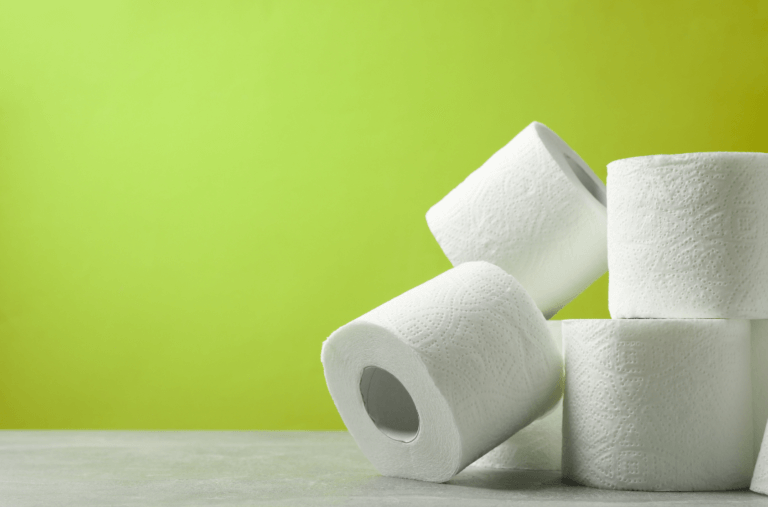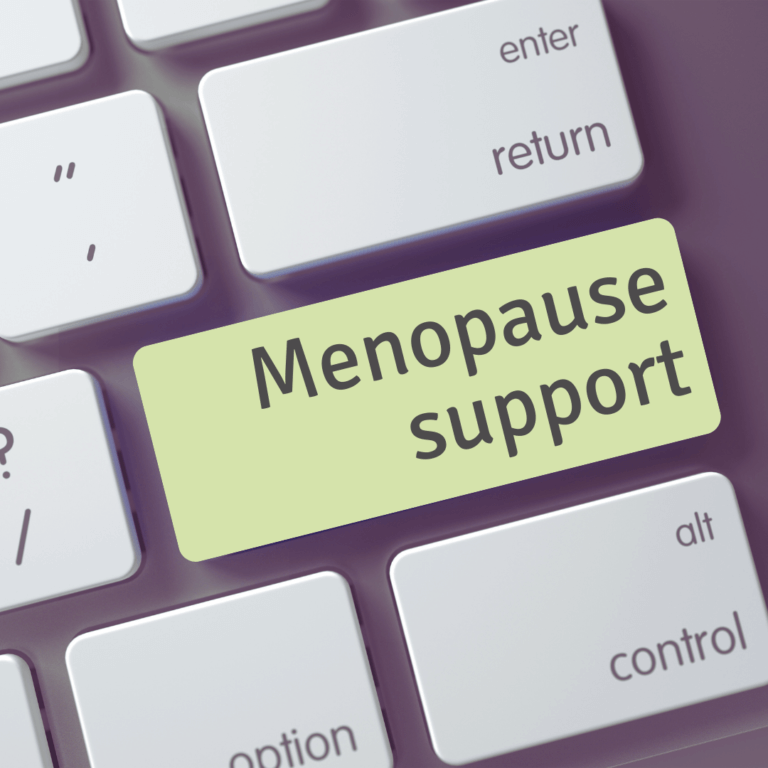Why does perimenopause impact my sleep?
If you are going through menopause, you may find you don’t sleep so well. Well, you are not alone. Between 28 and 63% of women experience sleep disturbances during the menopause transition (WHC, 2021).
The effect of menopause on sleep is a mixture of direct effects of hormones, the impact of menopausal symptoms and the effect of age on sleep.
The fall in oestrogen is behind those hot flushes and night sweats that can wake you in the night, making legs feel restless and affecting mood in ways that can hinder drifting off into slumber.
One way that we can improve sleep is by eating foods that support our sleep-wake cycle. There are some key nutrients and foods that are linked to the neurotransmitters that help us to drift off to a good quality sleep.
The sleep-wake cycle
In order to fall asleep, our bodies need the hormone melatonin to increase. The neurotransmitter serotonin, often dubbed the ‘happiness’ hormone, has an important role in the production of melatonin, which controls our sleep-wake cycle.
Oestrogen enhances the effect of serotonin. Diet is important in the production of serotonin, and by improving the diet, to support the production of neurotransmitters, we may dampen the effects of the drop in oestrogen.
Foods that may help you sleep better
- Magnesium, vitamin B6, calcium and zinc – these nutrients support melatonin production and its regulation. Foods rich in one or more of these nutrients include poultry, pulses, lentils, bananas, soy foods, dairy foods, tofu, fortified plant drinks, meat, fish, shellfish, bread, quinoa, nuts, many seeds including flaxseeds, pumpkin and sesame seeds, spinach, peas and edamame beans.
- Tryptophan – this amino acid crucial for making serotonin. Tryptophan is better used by the body when we eat carbohydrate-rich foods at the same time (see below for useful evening snack combinations). Foods rich in tryptophan include: poultry, eggs, cheese, fish, tofu and soy foods, milk, peanuts, pumpkin seeds and oily fish.
- As most of the body’s serotonin is produced in the gut, eating foods that support a healthy and diverse gut microbiome may improve sleep. Including a variety of plant foods in your diet, will benefit your gut microbes. Aim for at least 30 different types of plant foods over a week – fruits, vegetables, pulses, grains, nuts and seeds all count.
Practical dietary tips that may help you sleep better
- Caffeine stimulates the nervous system and increases alertness for several hours after consumption. Switching to decaf or non-caffeinated drinks after lunchtime can make a big difference to sleep.
- It’s easy to think that alcohol helps you sleep and while it can be easier to fall asleep after a few drinks, alcohol actually interferes with the quality of our sleep.
- A warm malted bedtime drink may help some people have a less restless sleep. The reason for this is not clear, although there is something comforting about a milky drink before bed and milk contains calcium and tryptophan, which are both involved in good sleep.
- Eating an evening meal too close to bedtime can affect how well we sleep. Having a gap of 2-3 hours between your last meal and going to bed can be very helpful. A very rich or spicy meal can be hard to digest and impact your sleep so may need a little longer.
- As we get older, our digestion slows down. This varies a lot between people and can depend on how active they are. For some people, switching their largest meal to the middle of the day or having it earlier in the evening can be helpful.
- Drinking a lot of fluid in the evenings will likely increase your need to go to the toilet during the night. Aim to drink most of the recommended 1.5 to 2 litres of fluid a day in the morning and early afternoon and then taper your fluid intake in the evening. Avoid dehydration as it can irritate the bladder defeating the purpose of reducing fluid in the evening.
Feeling peckish in an evening?
If you fancy something to eat before bed here’s a few suggestions for snacks that may help you sleep:
- Soy or dairy yoghurt with pumpkin seeds
- Oatcakes with almond butter
- A small milk and banana smoothie
- Crackers and cheese
If you would like more information about how nutrition and what you eat can help you manage your menopausal symptoms, there’s more information and practical advice in the Eating Well for Menopause book. Or for more tailored, personal advice, check out my individual consultations and packages.





